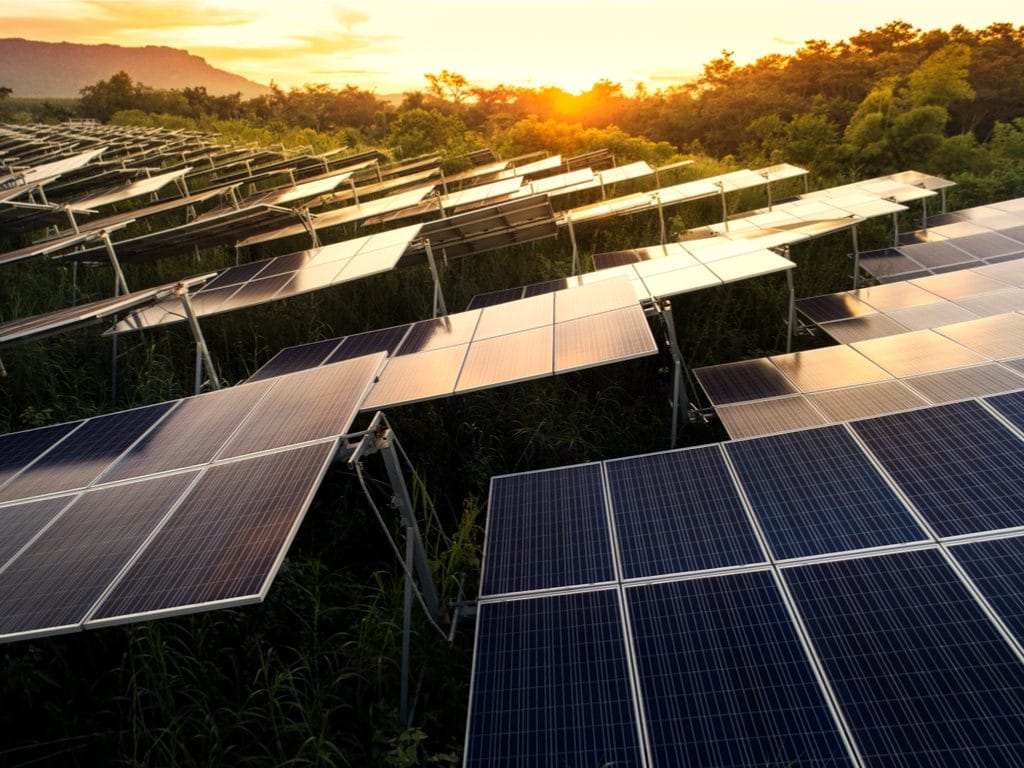But the hybrid solar power plant, which has just been inaugurated at the Alex Ekwueme Ndufu Alike Federal University in Nigeria’s Ebonyi State, is the first of its kind in the country. It will be powered by solar panels supported by diesel-powered electric generators. The system will provide electrical power to the 7700 students and 1,819 members of the university’s administration.
For the director of the Rural Electrification Agency, Damilola Ogunbiyi, the installation of this plant could have a positive impact on the quality of academic results. In an interview with the local press at the inauguration ceremony, he assured that “this programme will undoubtedly improve the quality of education, research and health services in Nigeria’s universities and teaching hospitals”. The hybrid plant has a significant environmental impact, as it will allow the 1.54 MW gasoline and diesel generators that used to supply electricity to be disconnected.
The hybrid power plant at Alex Ekwueme University was built as part of the Energising Education Programme (EEP). This initiative was set up by the Nigerian federal government in collaboration with the Rural Electrification Agency and the National Universities Commission. The installation itself was carried out by Sterling and Wilson, a local company specialising in the supply of energy solutions. This programme will equip 37 federal universities and seven university hospitals with autonomous power generation units. It will also involve the rehabilitation of existing infrastructure. Above all, the project involves related aspects such as the installation of solar streetlights on some 7.5 km of road to guarantee safety, as well as the opening of a world-class renewable energy training centre.
Luchelle Feukeng
